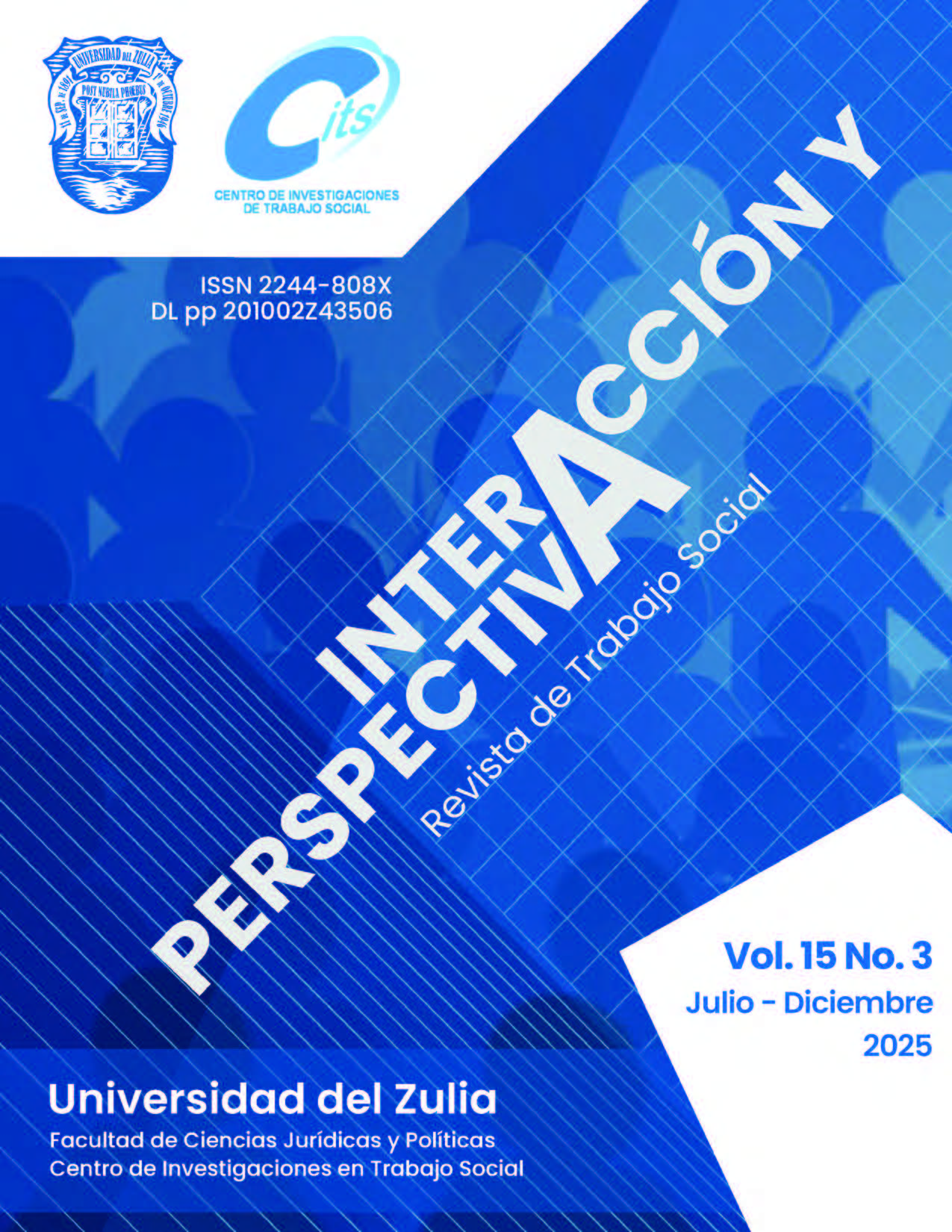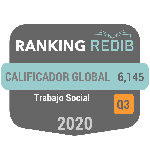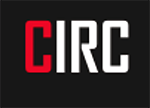Simulation and social learning: strategies for the communicative training of future lawyers
Abstract
The article considers pedagogical tools that involve the simulation of professional interaction situations for lawyers and their use in higher legal education to foster and develop communicative competence. Simulating situations from legal practice based either on real-life events or the imitation of legal processes in which students act as lawyers or officials enhances interest in the studied disciplines promotes the learning process and develops both professional and communicative competences. The authors conclude that various didactic tools should be used in the educational process, with particular attention given to those that prepare future lawyers for professional interaction and cooperation in diverse legal situations. Role-playing games based on the simulation of professional interaction are an effective means of developing students’ legal and communicative competence. The study conclusions contribute to expanding and updating the scientific understanding of didactic tools that simulate professional interaction and their application in higher legal education.
Downloads
References
Bezuglov, A. M., Dmitriev, A. V., Mikhailov, O. B., Sereda, S. V., & Sergeev, M. V. (2023). “Provedeniye delovykh igr v protsesse professional’nogo obucheniya sotrudnikov pravookhranitel’nykh organov” [“Conducting business games in the process of professional training of law enforcement officers”]. Modern High-Tech Technologies, 10, 80-84. http:// dx.doi.org/10.17513/snt.39795
Bocharova, T. I. (2006). Kompleksnaya delovaya igra kak sredstvo formirovaniya professional’nykh navykov i funktsiy spetsialista [Complex business game as a means of forming professional skills and functions of a specialist]. Cand. Ped. Sci. Dissertation, Stavropol State University, Stavropol, pp. 187.
Chernilevsky, D. V. (2002). Didakticheskiye tekhnologii v vysshey shkole: Ucheb. posobiye [Didactic technologies in higher education: Studies manual]. Moscow: UNITY-DANA, pp. 437.
Chow, W. W. S., Wong, K., Hiramoto, M., Wong, A., Ng, M. H. K., & Go, C. (2023). “Tell me what happened: Pragmatics of affect in legal communication”. International Journal for the Semiotics of Law, 36, 561-577. http://dx.doi.org/10.1007/s11196-022-09904-7
Daligdig, J., San Jose, A. E., & Concepcion, M. G. R. (2022). “Teachers’ pedagogical practices and pupils’ communicative competence”. International Journal of Education & Social Sciences, 3 (10), 563-568.
Dev, M. (2020). “Frank S Bloch (ed): The global clinical movement: Educating lawyers for social justice”. Jindal Global Law Review, 11, 409-439. http://dx.doi.org/10.1007/s41020- 020-00128-z
Dias, J. (2017). “Teaching operation research to undergraduate management students: The role of gamification”. The International Journal of Management Education, 15 (1), 98-111. http://dx.doi.org/10.1016/j.ijme.2017.01.002
Dubrovskaya, T. V. (2012). “O kommunikativnoy kompetentnosti yuristov v sudebnom diskurse” [“On communicative competence of lawyers in judicial discourse”]. Yazyk. Tekst. Diskurs, 10, 291-298.
Karagozoglu, N. (2017). “Antecedents of team performance on case studies in a strategic management capstone course”. The International Journal of Management Education, 15 (1), 13-25. http://dx.doi.org/10.1016/j.ijme.2016.11.001
Khutyz, Z. M. (2014). “Opyt vnedreniya interaktivnykh metodov obucheniya v vuzovskom obrazovanii” [“The experience of implementing interactive teaching methods in higher education”]. Concept, 11, 36-40.
Klarin, M. V., & Osmolovskaya, I. M. (2020). “Perspektivnyye napravleniya didakticheskikh issledovaniy: postanovka problemy” [“Prospective areas of didactic research: A problem statement”]. The Education and Science Journal, 22 (10), 61-89. http://dx.doi.org/10.17853/1994- 5639-2020-10-61-89
Navrotskaya, I. N. (2022). “Modelirovaniye rechevykh situatsiy v professional’noy kommunikatsii sotrudnikov politsii” [“Modeling of speech situations in professional communication of police officers”]. Pravookhranitel’nyye organy: Teoriya i praktika, 2 (43), 202-203.
Nikolaeva, I. V., & Shutova, S. G. (2012). “Teoreticheskiye aspekty delovykh rolevykh igr” [“Theoretical aspects of business role-playing games”]. Al’manakh sovremennoy nauki i obrazovaniya, 2 (9), 170-172.
Noralieva, K. M. (2020). “Raznovidnosti i vozmozhnosti ispol’zovaniya uchebnykh delovykh igr” [“Varieties and possibilities of using educational business games”]. Voprosy pedagogiki, 5-2, 290-293.
Ramsden, P. (2005). Learning to teach in higher education. New York: Taylor & Francis e- Library, pp. 290.
Rassolova, E. A. (2017). “Modelirovaniye professional’nykh situatsiy kak faktor aktivizatsii usvoyeniya pravovykh znaniy studentov” [“Modeling of professional situations as a factor in activating the assimilation of students’ legal knowledge”]. Pedagogika i psikhologiya obrazovaniya, 4, 75-82.
Ryvkin, S. Yu., & Ivchenko, N. I. (2021). “Didakticheskiye polozheniya o provedenii delovoy igry po distsiplinam “ugolovnyy protsess”, “kriminalistika” poiskovo-protsessual’noye mnogobor’ye” [“Didactic provisions on conducting a business game in the disciplines “Criminal procedure”, “Criminalistics” – Search and procedural all-around”. Moya professional’naya kar’yera, 3 (24), 210-223.
Sangroula, Y. (2020). “Social justice jurisprudence of clinical education programme: A paradigm shift from legal education to justice education”. Jindal Global Law Review, 11, 339-364. http://dx.doi.org/10.1007/s41020-020-00131-4
Sharma, D., & Kumari, S. (2024). “Role of legal education in advancement of access to justice: A panormic insight”. Asian Journal of Legal Education, 11 (2), 141-149. http://dx.doi. org/10.1177/23220058241253403
Struganov, S. M., & Panov, E. V. (2023). “Modelirovaniye situatsiy resheniya operativno-sluzhebnykh zadach kak odin iz effektivnykh sposobov povysheniya professional’nykh kachestv sotrudnikov politsii” [“Modeling the problems of solving operational tasks as one of the effective ways to attract professional staff of police officers”]. Scientific digest of the East Siberian Institute of the Ministry of Internal Affairs of Russia, 2 (20), 108-115.
UNESCO (n.d.). The recommendation on education for peace and human rights, international understanding, cooperation, fundamental freedoms, global citizenship and sustainable ddevelopment. Available: https://www.unesco.org/en/global-citizenship-peace-education/rec- ommendation (accessed June 5, 2024).
UNESCO (2023). Recommendation on education for peace, human rights and sustainable development. Available: https://unesdoc.unesco.org/ark:/48223/pf0000386924 (accessed June 6, 2024).
Usmanova, E. F., Khudoykina, T. V., & Adaeva, O. V. (2023). “Formirovaniye i razvitiye yuridiko-kommunikativnoy kompetentnosti v ramkakh vysshego yuridicheskogo obrazovaniya” [“Formation and development of legal communicative competence in the framework of higher legal education”]. Perspectives of Science and Education, 5 (65), 245-258. http://dx.doi. org/10.32744/pse.2023.5.15
Varughese, B. T., Manoj, D., Arakkal, A. L., Johnson, L. R., & James, R. I. (2024). “Mock court: A valuable tool to teach legal procedures to undergraduate medical students”. International Journal of Legal Medicine, 138, 1955-1964. http://dx.doi.org/10.1007/s00414-024-03226-y
Vishnevskaya, S. L. (2006). Razvitiye professional’noy kommunikativnoy kompetentnosti yurista v sisteme vysshego professional’nogo obrazovaniya [The development of professional communicative competence of a lawyer in the system of higher professional education]. Cand. Ped. Sci. Dissertation, Udmurtian State University, Izhevsk.
Yarkov, V. V., & Dolganichev, V. V. (2020). “Podgotovka spetsialistov yuridicheskikh napravleniy v kontekste razvitiya kollektivnykh form sudebnoy zashchity” [“Training of legal specialists in the context of the development of collective forms of judicial remedy”]. Perspectives of Science and Education, 48 (6), 136-153. http://dx.doi.org/10.32744/pse.2020.6.11
Zheng, X.-L., Tu, Y.-F., Hwang, G.-J., Yu, J., & Huang, Y.-B. (2024). “Interweaving of self- regulated learning and game-based learning in higher education: A review of academic publications from 2009 to 2020”. Educational Technology Research and Development, 72, 3185-3216. http://dx.doi.org/10.1007/s11423-024-10393-7
Zhurbenko, V. A., & Karlash, A. E. (2022). ” Delovaya igra kak metod obucheniya v meditsinskom vuze” [”Business game as a method of teaching at a medical university”]. Tverskoy meditsinskiy zhurnal, 4, 36-37.

















